Maxus, a brand under the SAIC Motor Corporation, had high hopes for its electric van lineup, particularly in the fleet market. With global trends pointing towards an increased demand for eco-friendly commercial vehicles, the launch of Maxus EV vans was seen as an exciting opportunity to capture the attention of fleet buyers seeking sustainable solutions. However, despite its promise, the Maxus EV vans have failed to impress fleet buyers, posing significant challenges to the company’s ambitions in the electric commercial vehicle (EV) sector.
The Growing Demand for Electric Fleet Vehicles
As the world becomes more focused on sustainability and reducing carbon emissions, fleet operators are increasingly looking for greener alternatives to traditional fossil-fuel-powered vehicles. Electric vans, in particular, have become a key focal point for businesses aiming to lower their environmental impact and reduce long-term operational costs.
For many businesses, switching to electric vehicles (EVs) is a strategic decision driven by government incentives, the rising cost of fuel, and a growing commitment to sustainability. In this context, Maxus entered the market with its electric vans, hoping to offer fleet buyers a practical, efficient, and eco-friendly alternative to diesel-powered commercial vehicles.
However, despite the increasing demand for electric commercial vehicles, Maxus has struggled to meet the expectations of fleet operators.

Why Maxus EV Vans Are Falling Short
Several factors have contributed to the lack of success for Maxus EV vans in the fleet market. While the vehicles themselves offer some promising features, they have not lived up to the specific needs of fleet buyers. The key issues hindering the adoption of Maxus EV vans include limited range, performance concerns, and inadequate after-sales support.
1. Limited Range and Charging Infrastructure Issues
One of the most significant challenges for any electric vehicle is range anxiety—the fear that the vehicle’s battery will run out before reaching its destination. This is a particularly pressing issue for fleet operators who rely on their vehicles for long hours and extended trips. The Maxus EV vans, while offering decent range, still fall short of the distances that fleet operators typically need for full-day operations without requiring frequent recharging.
Furthermore, while the infrastructure for EV charging has improved in some regions, it remains inadequate in many areas where fleet operations are based. This lack of reliable and widespread charging stations means that fleet buyers are hesitant to invest in EV vans, fearing logistical challenges that could disrupt their daily operations.
2. Performance and Durability Concerns
Fleet buyers are highly focused on performance and durability, as these vehicles need to withstand high usage levels and endure the rigors of daily commercial tasks. Unfortunately, Maxus EV vans have been critiqued for not delivering on these fronts. Some fleet operators have expressed concerns about the vans’ ability to handle heavy loads and maintain performance under constant use.
Compared to well-established competitors, Maxus EV vans may not provide the level of durability or robustness that fleet owners are seeking. The vans’ performance, while adequate for city driving, may not be up to the mark for businesses requiring vehicles that can tackle a variety of operational challenges over the long term.
3. Lack of Advanced Features and Customization
The commercial vehicle market has evolved significantly in recent years, with fleet operators seeking more than just basic functionality. Today’s fleet buyers expect advanced features such as telematics, connectivity, and vehicle management tools that help streamline operations and improve efficiency.
Maxus EV vans, however, are perceived as lacking the sophisticated tech and customization options that fleet buyers increasingly demand. The vehicles’ basic offerings may be sufficient for businesses with simple needs, but they fall short for companies that require more advanced functionalities to manage their fleets effectively. Without these key features, the Maxus EV vans fail to attract buyers who need to stay ahead in an increasingly competitive and tech-driven market.
4. After-Sales Support and Service Network
Another area where Maxus EV vans have struggled is after-sales support and the availability of service centers. Fleet buyers prioritize reliable servicing and maintenance to ensure their vehicles remain operational without excessive downtime. Maxus, despite being a subsidiary of SAIC Motor Corporation, has faced criticism for its lack of a well-established service network in certain regions.
For fleet operators, having access to a reliable network of service centers is critical. Inadequate after-sales support or long wait times for repairs can result in costly downtime, which is a major deterrent for businesses considering Maxus EV vans for their fleet.
The Competitive Landscape and Missed Opportunities
The failure of Maxus EV vans to capture the fleet market is particularly notable given the strong competition in the electric commercial vehicle space. Brands like Ford, Mercedes-Benz, and Renault have made significant strides in offering electric vans with better performance, longer ranges, and more advanced features. These brands have established themselves as trusted names in the commercial vehicle market, offering solutions that align with the needs of modern fleet operators.
Additionally, new players in the electric vehicle industry are entering the market with innovative solutions designed specifically for fleet operators. These vehicles often come with advanced telematics, customizable options, and features designed to improve efficiency and reduce operational costs—factors that Maxus has not been able to match with its current offerings.
What’s Next for Maxus?
To regain traction in the electric commercial vehicle market, Maxus must address several key areas of concern. Firstly, enhancing the range and performance of its EV vans will be crucial for gaining the trust of fleet buyers. Without longer ranges and better performance under heavy use, the vehicles will continue to face significant resistance from fleet operators.
Secondly, expanding the company’s service network and improving after-sales support will be critical for building trust with customers. Fleet buyers need assurance that their vehicles will be well-serviced and maintained, and Maxus must make significant investments in this area.
Finally, incorporating advanced features such as connectivity, telematics, and fleet management tools will help position Maxus as a more competitive player in the market. Offering customization options that cater to the specific needs of different industries could also help the brand appeal to a wider range of fleet buyers.
Conclusion
Maxus’s electric vans were once seen as a promising entry into the competitive electric commercial vehicle market. However, a combination of limited range, performance concerns, lack of advanced features, and inadequate after-sales support has led to a decline in fleet buyer interest. To succeed in the growing EV sector, Maxus will need to address these challenges by improving its product offering and ensuring better support for its customers. Without these improvements, the brand risks falling further behind in the increasingly competitive world of electric commercial vehicles.





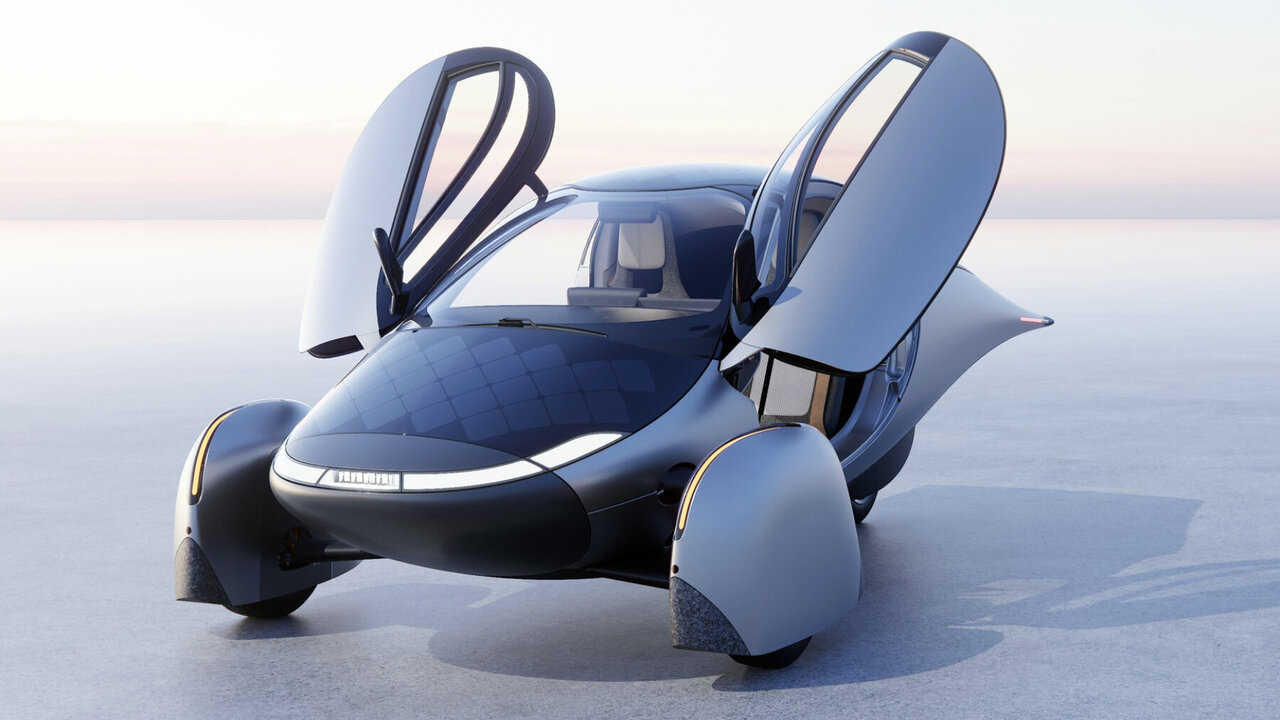

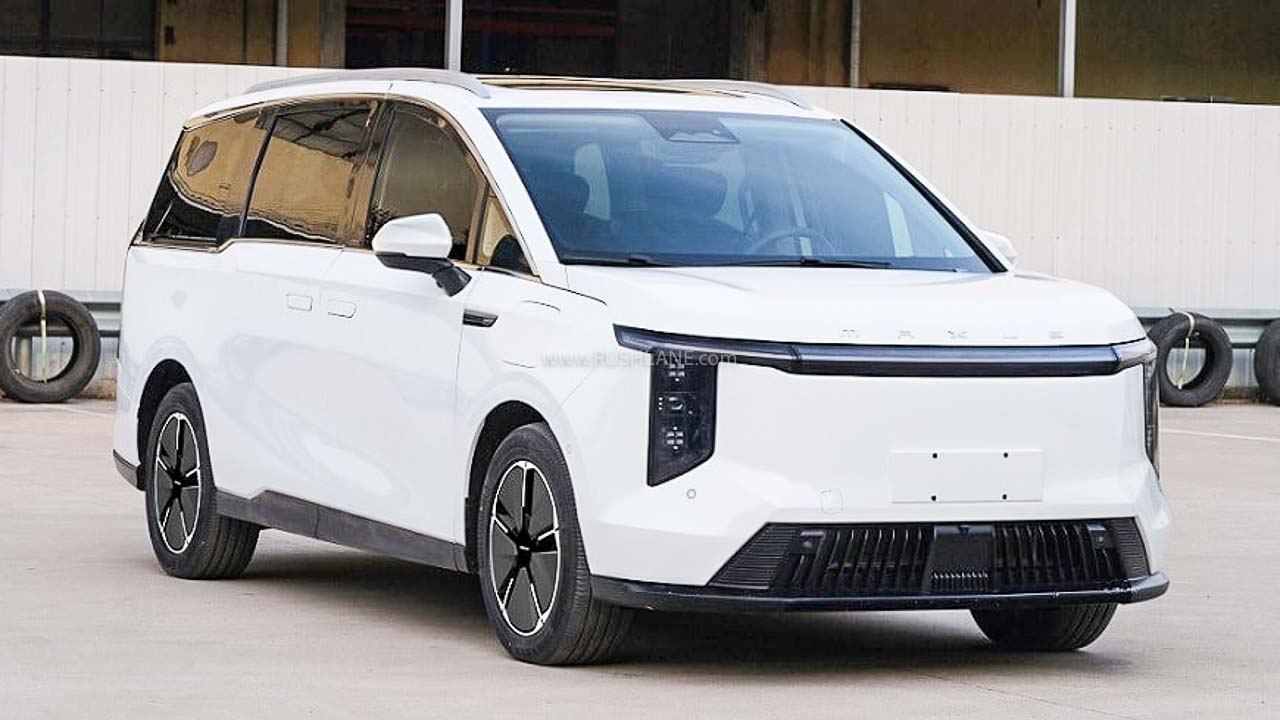
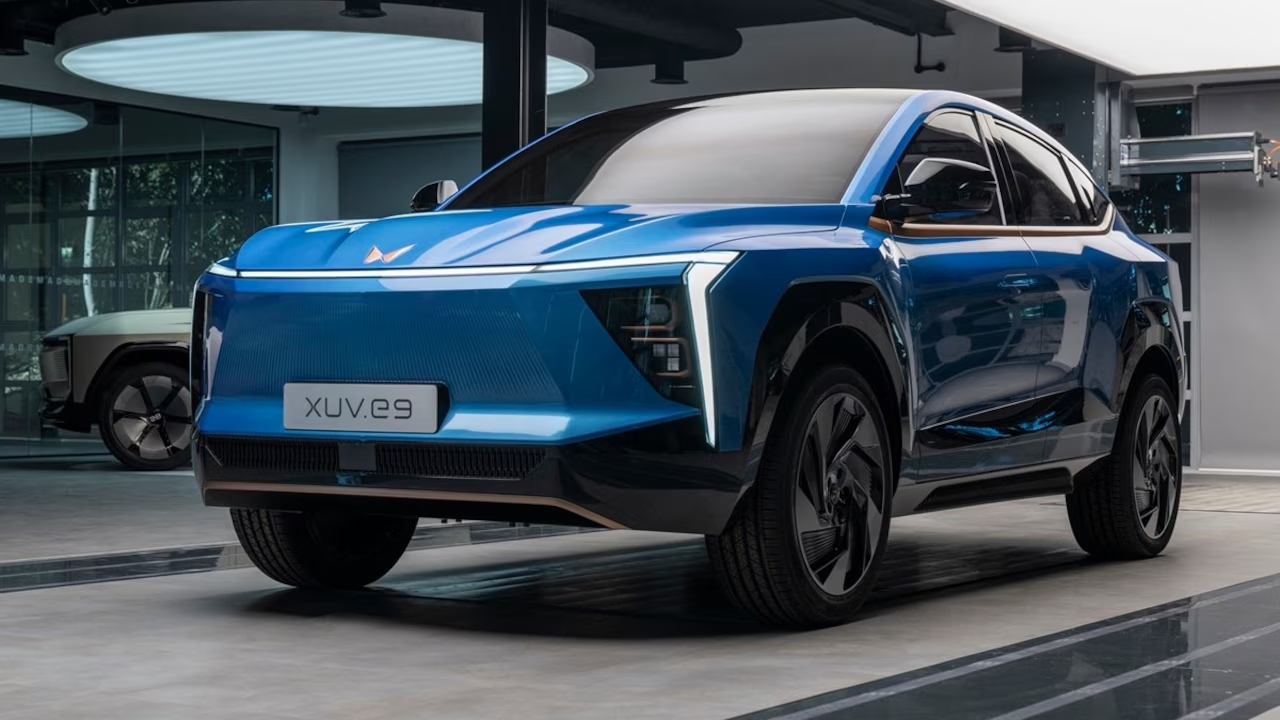
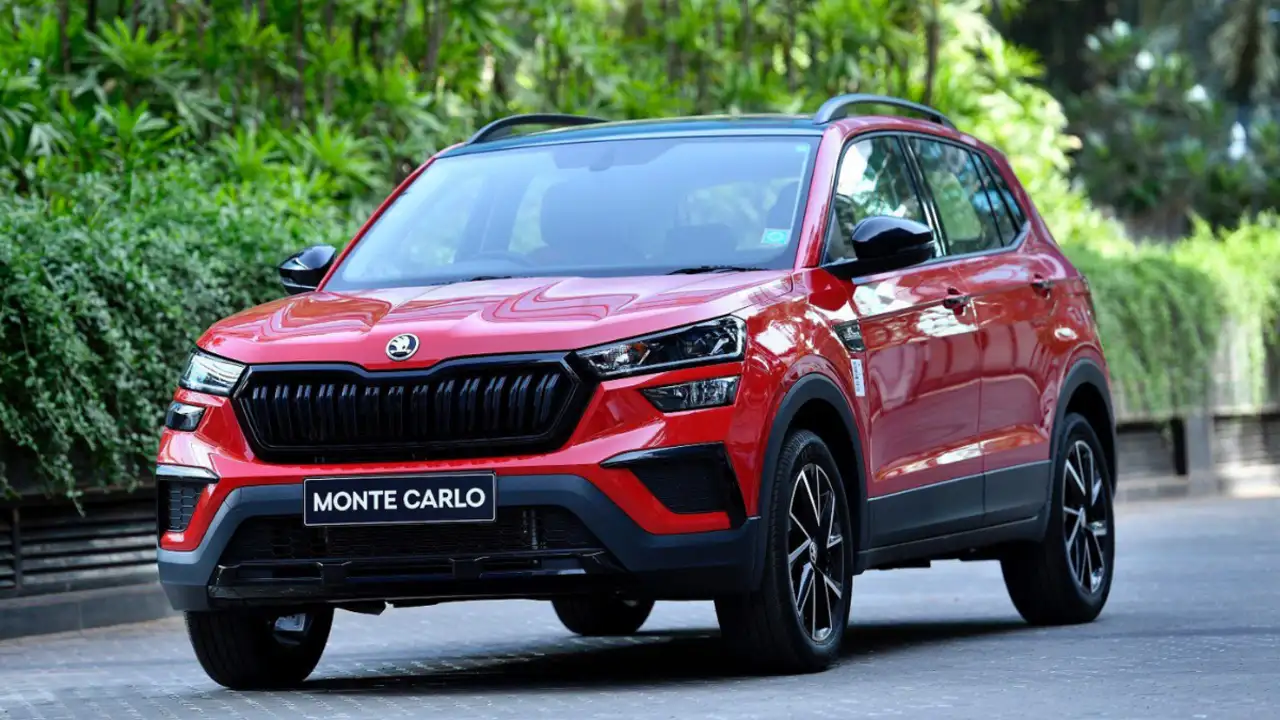
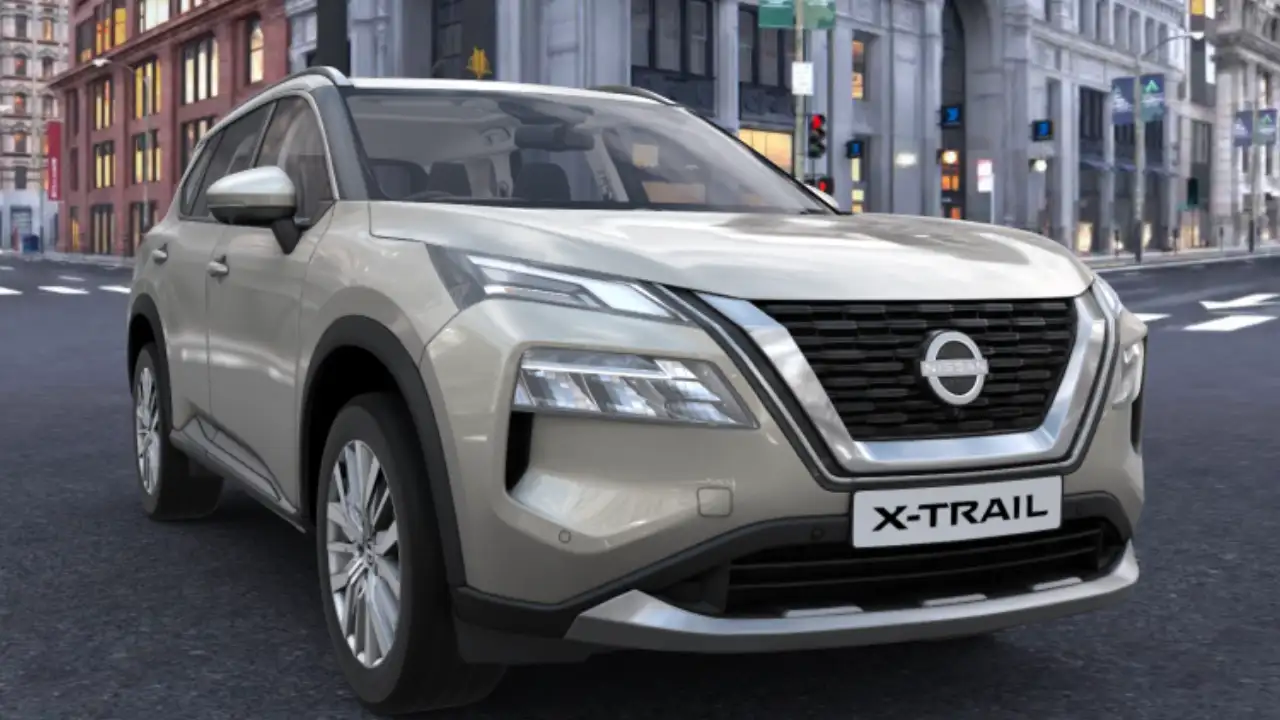
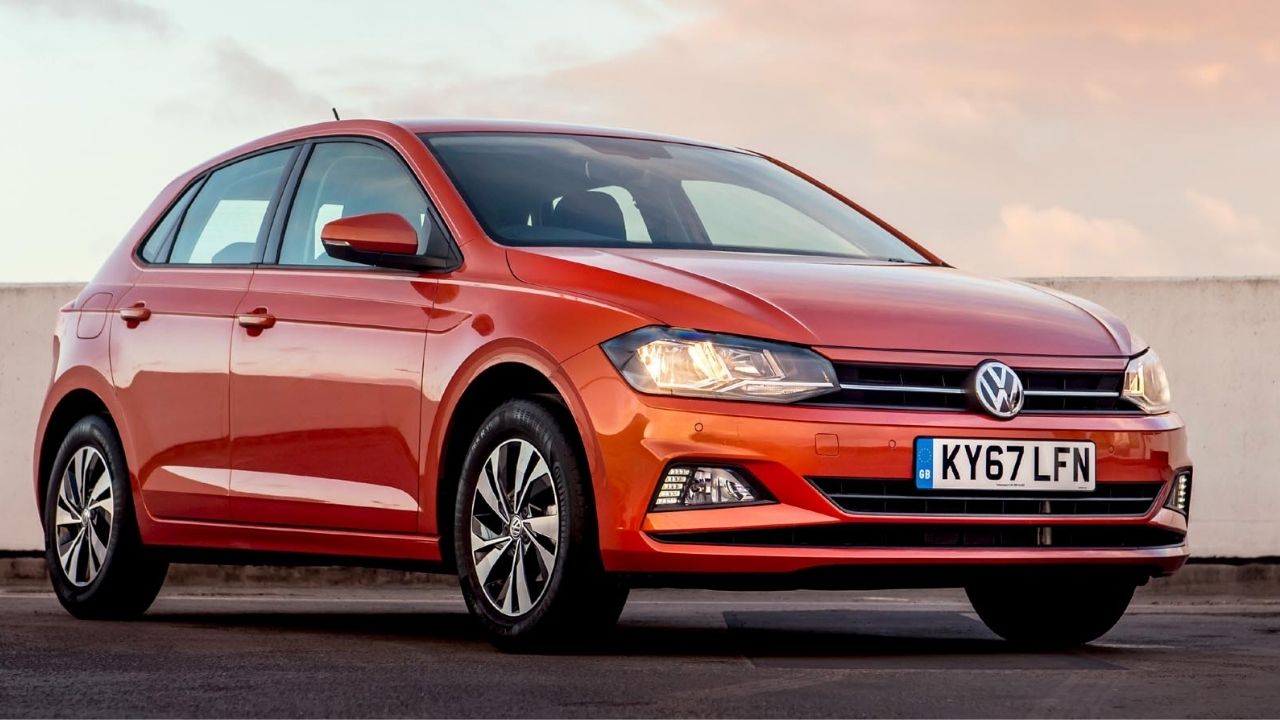
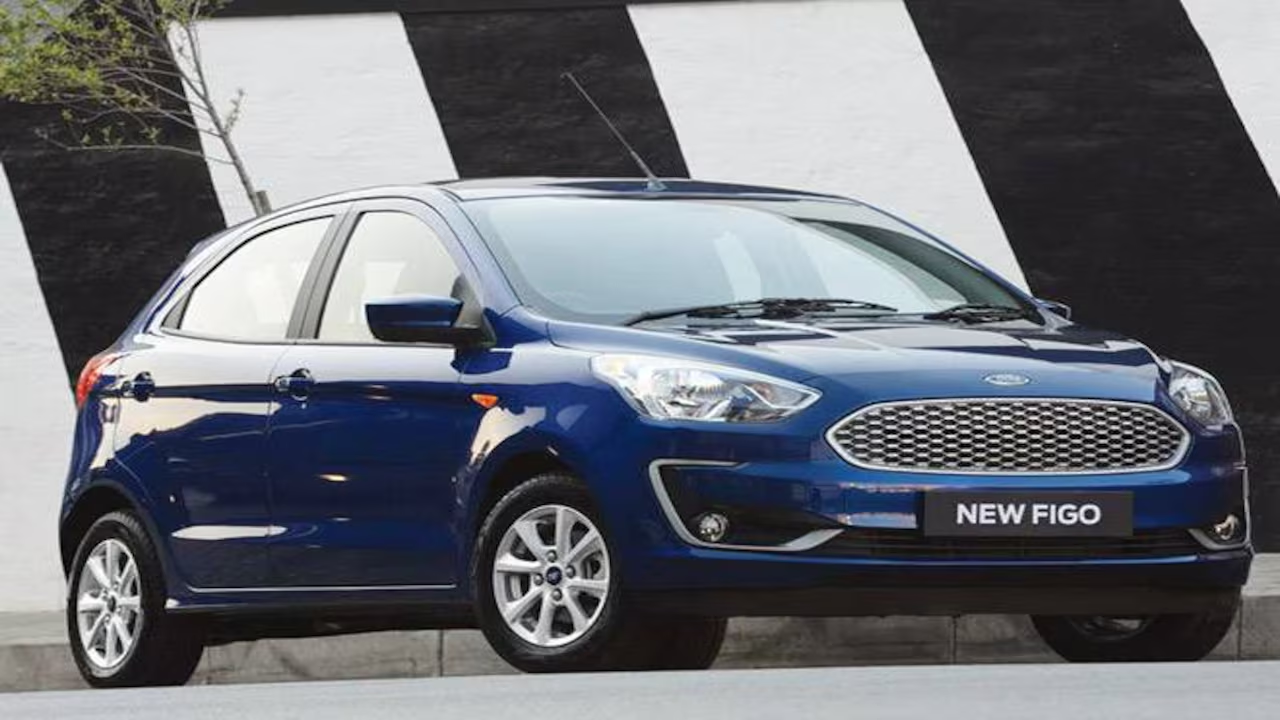
Leave a Reply